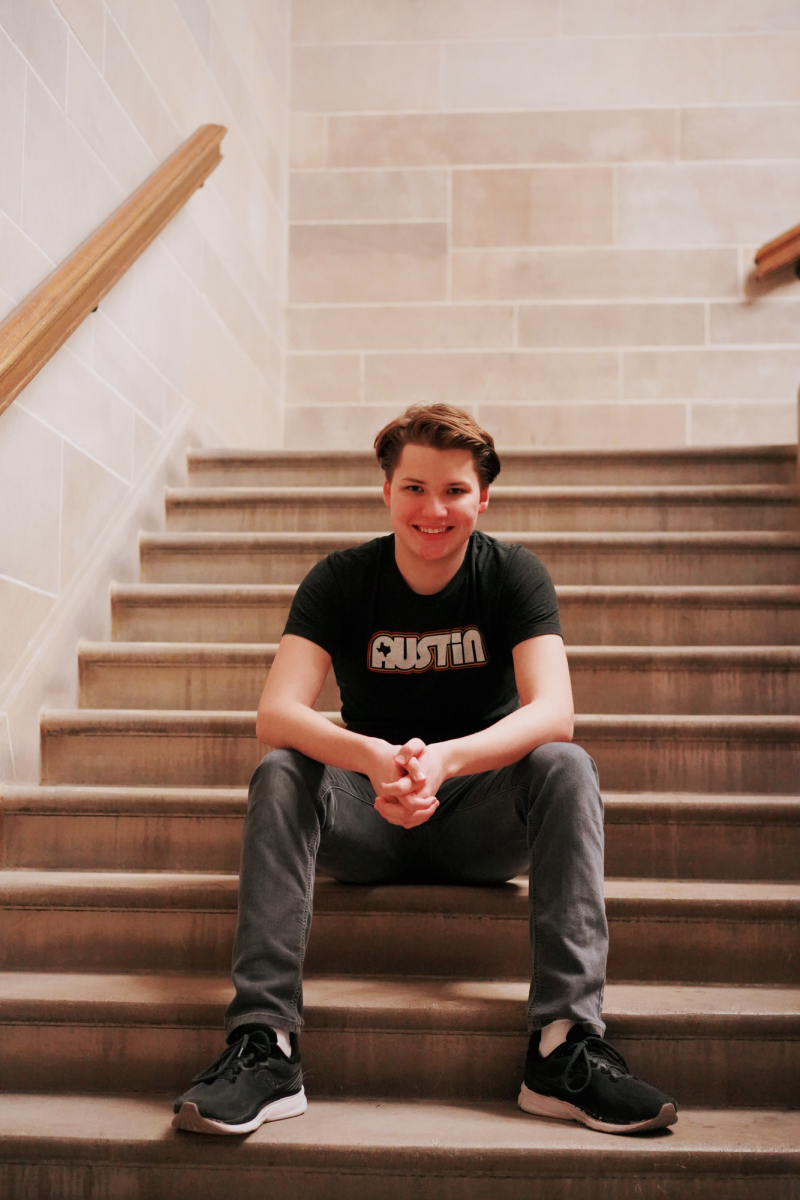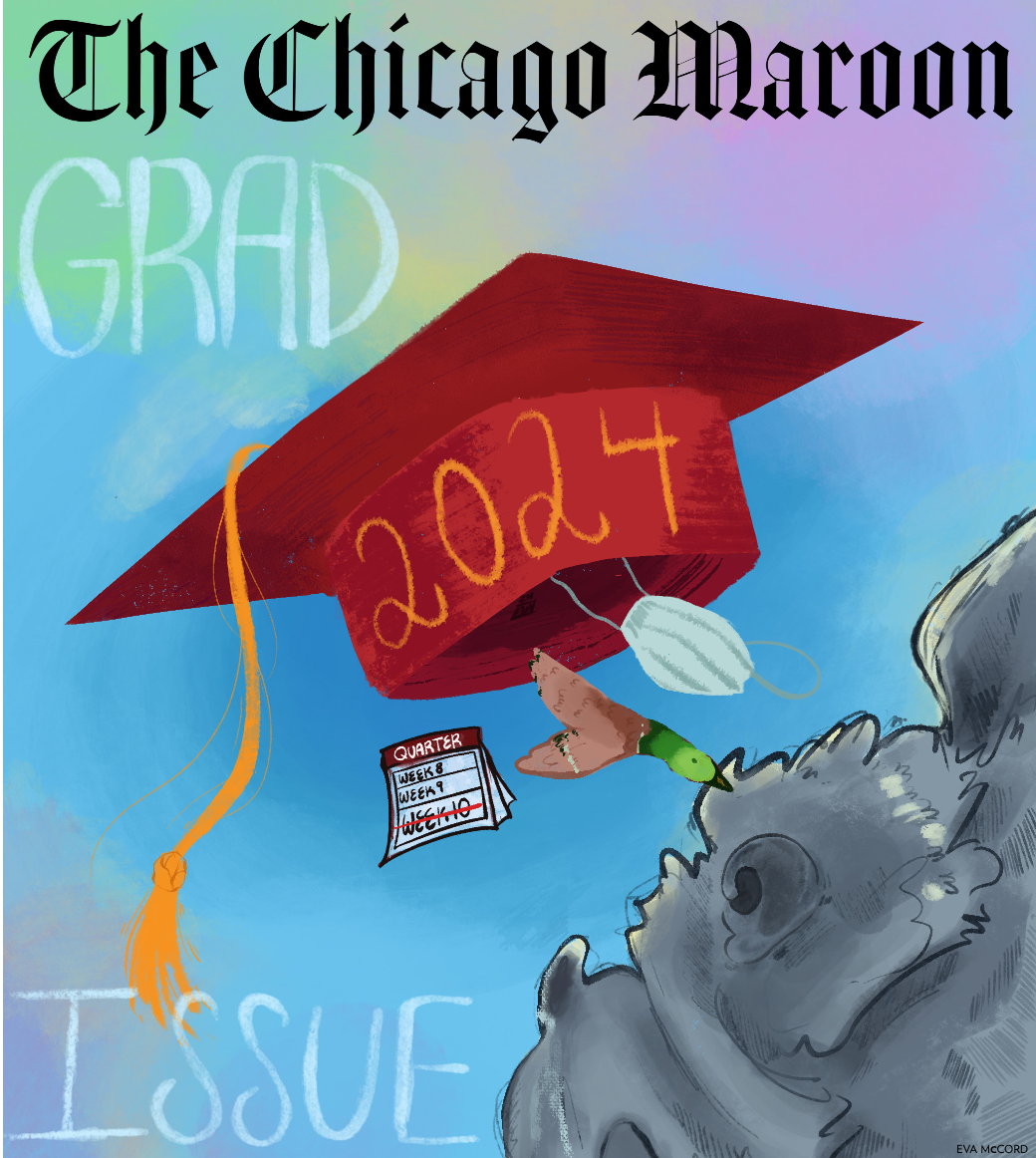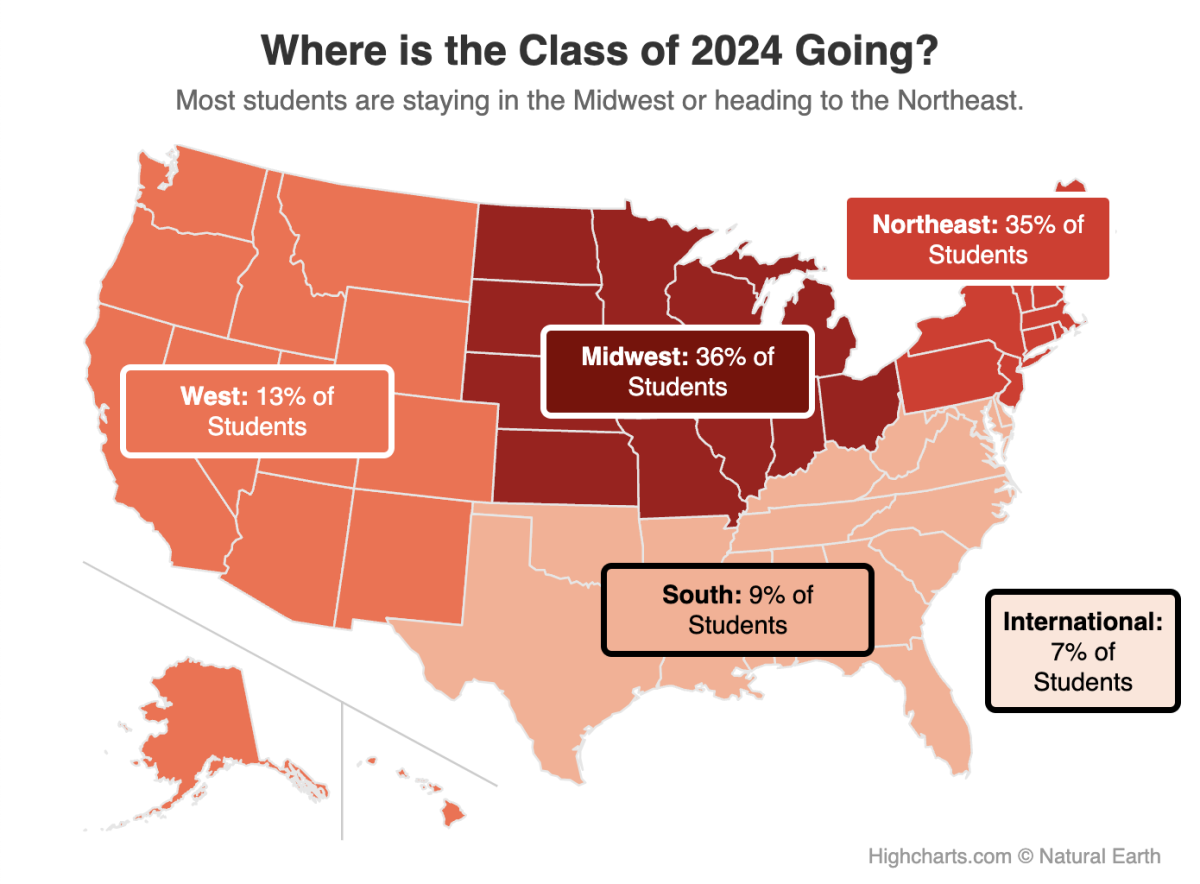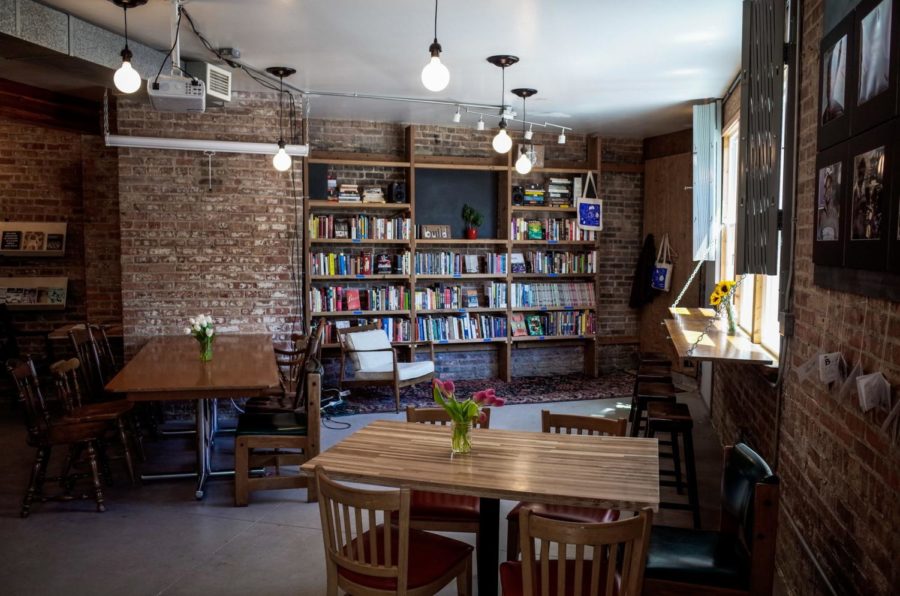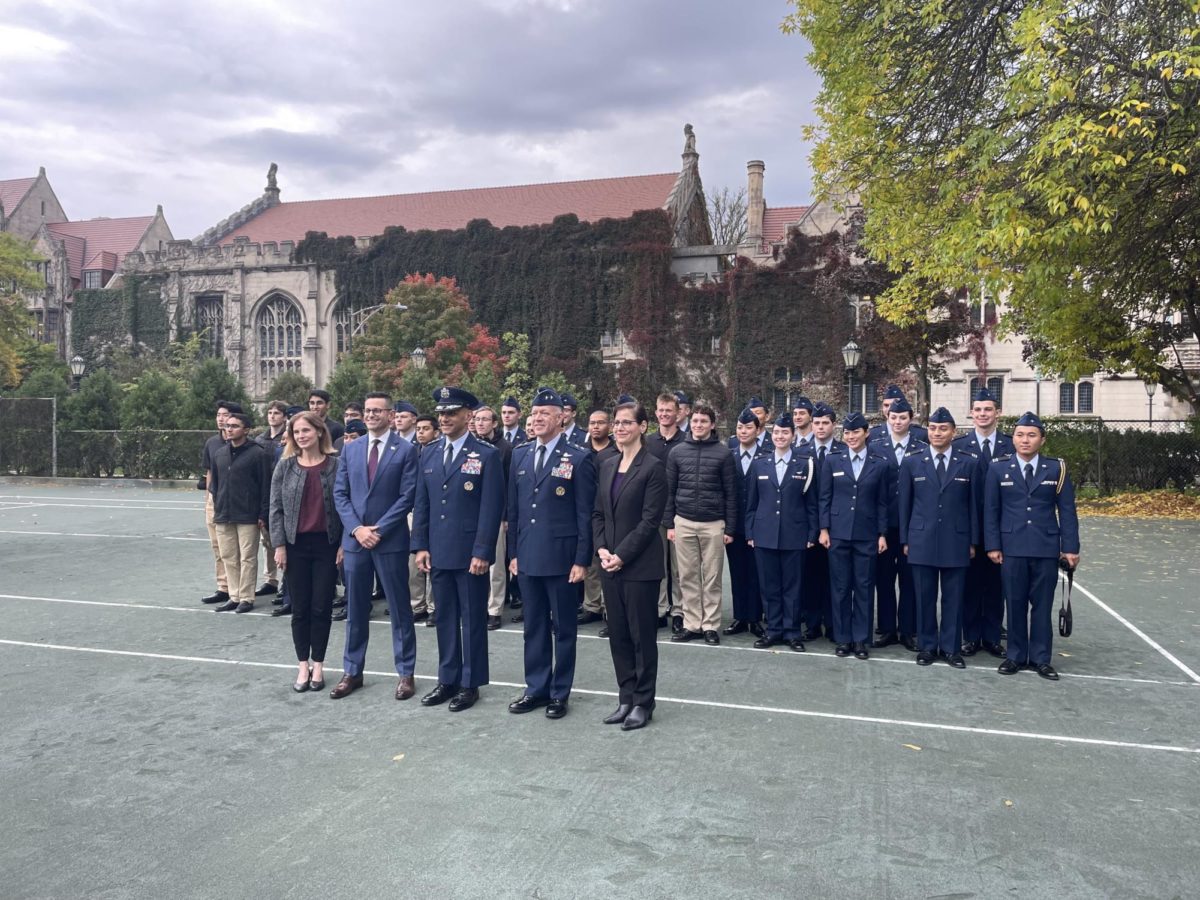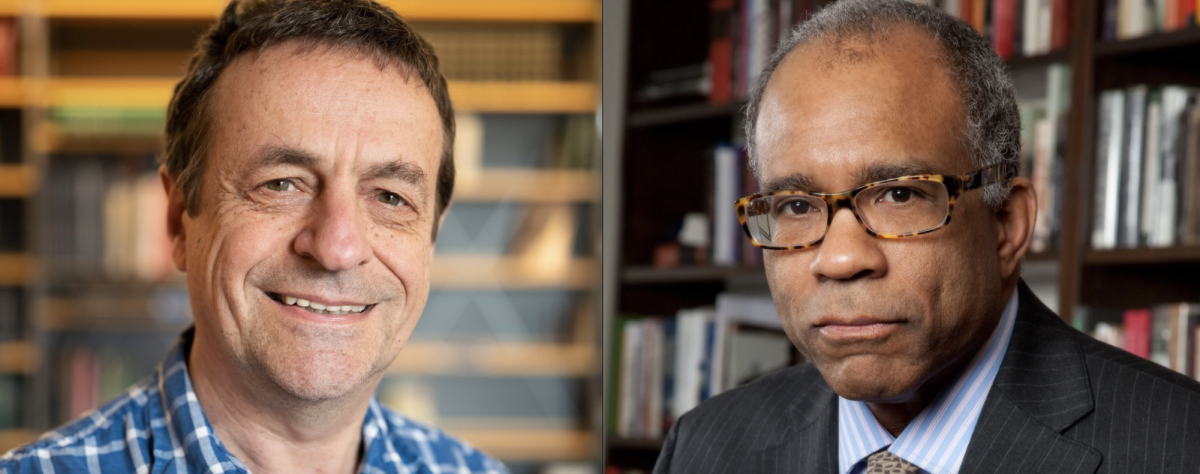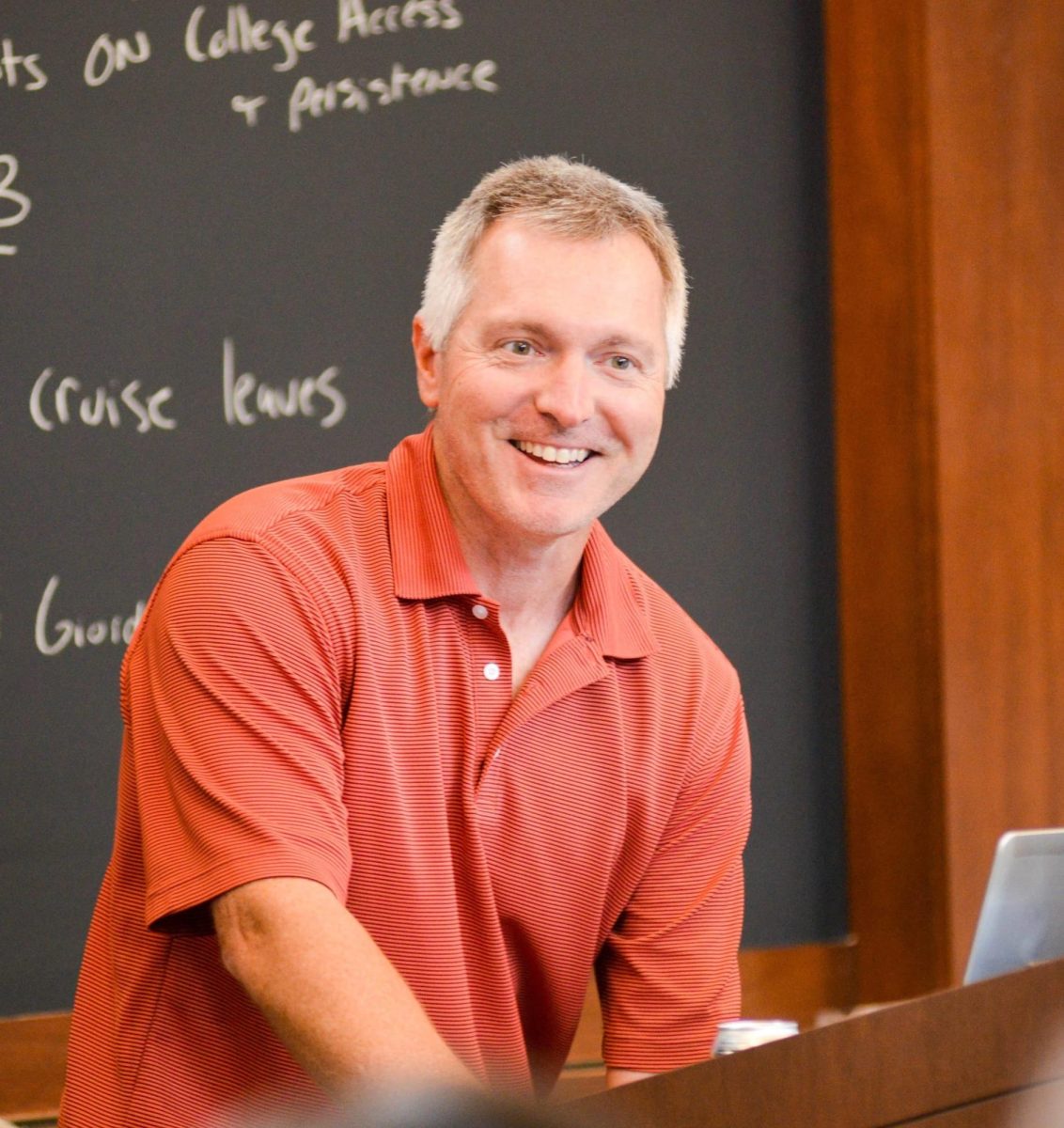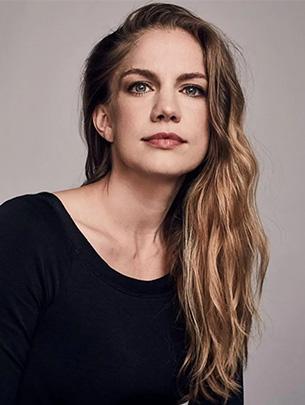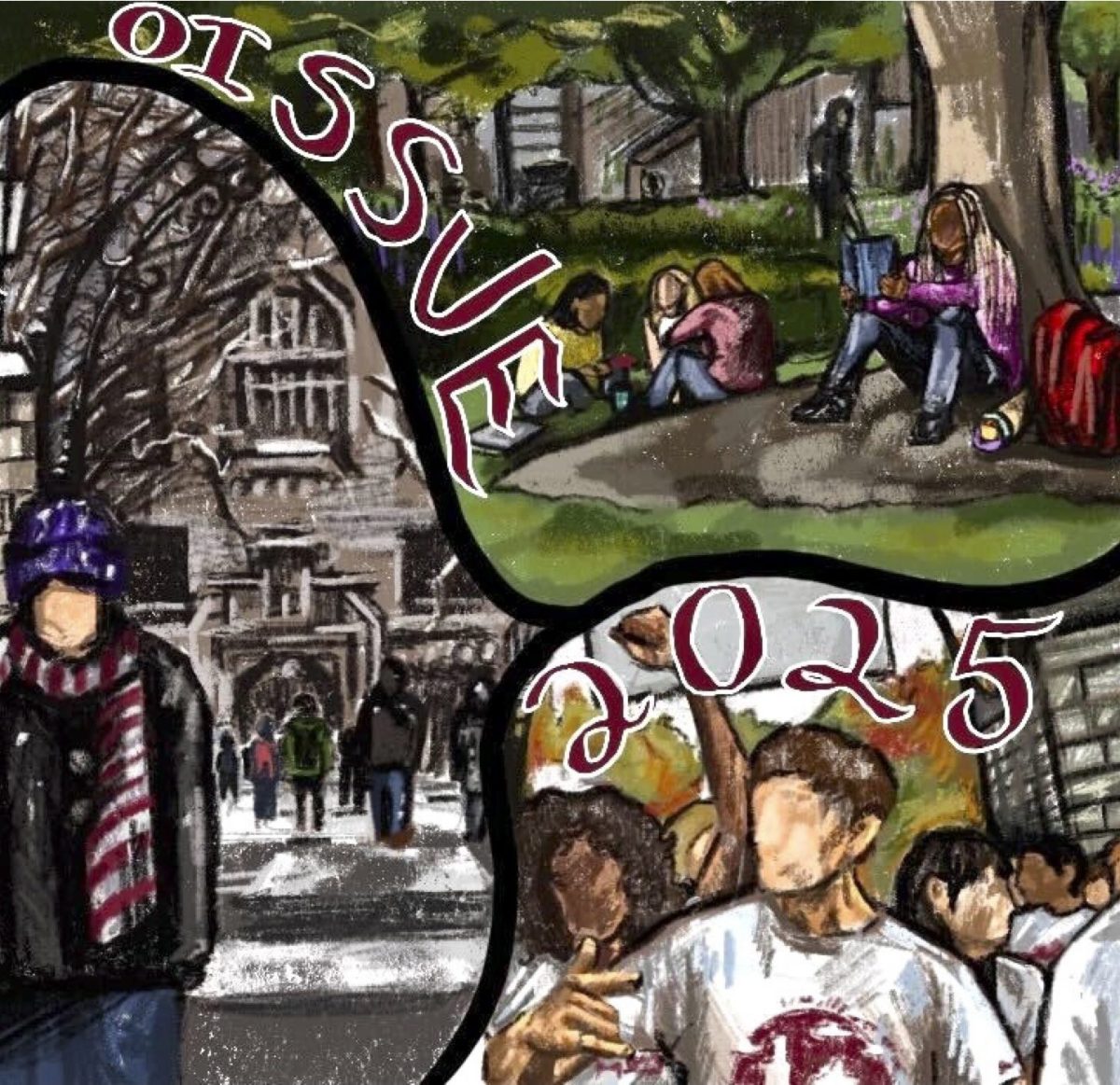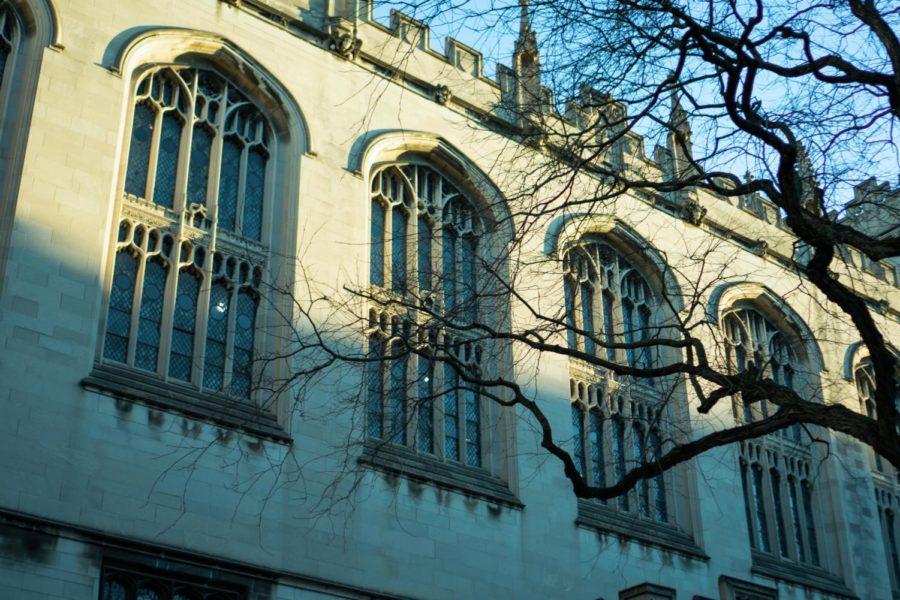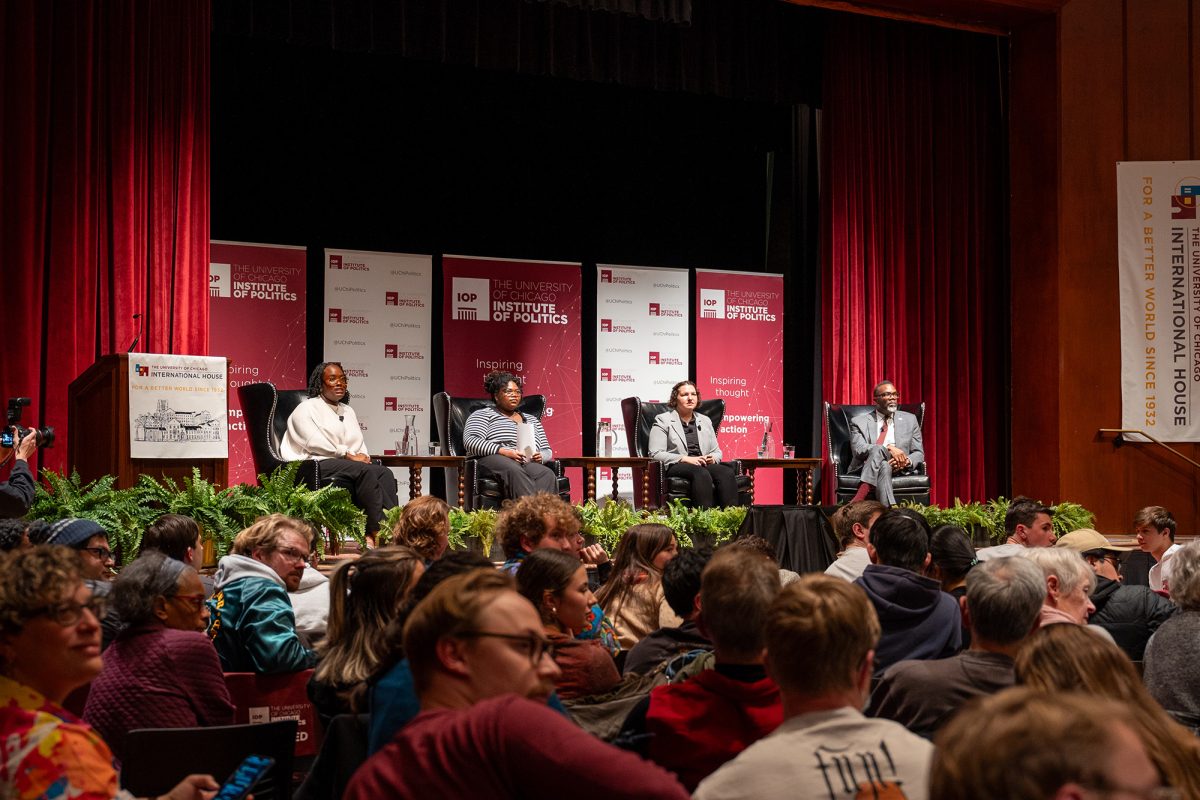Per tradition, the Maroon interviewed outgoing Undergraduate Student Government (USG) President Jefferson Lind to discuss his time in USG, the initiatives he is most proud of, and his advice for incoming cabinet members.
Lind is an economics and psychology major and a cinema and media studies minor. He joined USG at the beginning of his second year and found a passion for the organization there, becoming executive vice president in 2022 and president in 2023.
The interview was lightly edited for clarity and brevity.
Chicago Maroon (CM): What initially inspired you to get involved with USG, and what has been your involvement with USG prior to becoming president?
Jefferson Lind (JL): I ran pretty much a joke campaign. At the end of my first year, at the time, I was home in Austin, Texas, because of COVID. It just seemed like, you know, a funny, fun thing to do because I liked marketing, and I like to try to put myself out there for things, and I had a few things I cared about the University doing a better job on. But really, at the time, I was not invested in USG for the work that we actually do. I was honestly just trying to find something new and interesting to do, and I had no idea that [I] would win.
But I ended up winning [College Council elections] at the end of my first year, going into my second year. I served as a representative for that year, and by the end of [my second] year, I was serving as the vice chair of College Council because they were looking for one, and I had found that there were a lot of things I was really excited about, particularly the Lyft program.
Advocacy was something that […] continued to be very big [for me] but was originally established during that summer prior to the start of my second year. I ran with my friend Summer Long, [who] asked me to run with her as her vice president. And so I did, I ran, and I became executive vice president of Student Government for my third year in college. And then at the end of that year, I ran for president with Ariana Ukaonu [as executive vice president].
CM: What do you see as your greatest success?
JL: I don’t think I can take sole credit for it, but I played some part in getting the Lyft program initially established. I still think that’s probably the greatest program that USG has ever done, at least in my time. It’s something that I use all the time and that a bunch of people, almost everybody I know, uses the Lyft program in some way. I think it’s really rare to have an opportunity to suggest and advocate for a project like that and have it actually be successful and reach as many people on campus as it does.
CM: What do you see as the relationship between USG and the University?
JL: We’re in a new era with that [relationship], I think, since about 2021. One of the other big things I did as a member of Student Government is that, in 2021, there was a constitutional redrafting process that happened that I played a role in, but I wasn’t in Student Government when it was starting to be authorized. I ended up being part of the team that was working on fixing up and creating the new constitution, but I didn’t know that that would be my role when I started being in Student Government.
And then after the end of that year, once I got elected to be executive vice president, the previous president had said that he was going to help draw up that constitution and its bylaws but then did not end up drafting any bylaws. So it fell on to me to draft the bylaws for all [of] Student Government pretty much from scratch last year, and that was a really hard step, but that’s probably my biggest thing that I feel I was personally [responsible for], but I still think that also included a bunch of other people’s work as well.
Anyway, to answer your question more directly, the constitutional amendment really changed the way that we interact with the administration. We now have gotten, in the last three years, to meet with lots of top administrators who never used to meet with USG, including the president, the provost, the dean of students, [and] the dean of the college. So, nowadays, we have direct lines of communication to all those offices.
And, obviously, they’re not always talking to us, but we have standing meetings with each of them. We meet with the president once a quarter at this point, so that’s a pretty big thing that previous student governments didn’t get to do, and the Lyft program has resulted in actual forward progress for students. They don’t have to do anything we say, but we can suggest it firmly, and sometimes they listen.
CM: Currently, what are some of the primary initiatives that USG has been focusing on, and what are some initiatives you hope to see the next slate continue?
JL: Well, I would say that this has been kind of a unique year for USG. I didn’t think it would be this way when I started, but it’s ended up being kind of an oddly journalistic year. Most of the big achievements we’ve had have been going into meetings with the directors of transportation or with the provost and getting new insights on what the University is doing, in terms of the budget tightness that has become public now and in terms of potentially switching off the Lyft program, which we don’t want to do, but at least we are getting updates and assurances about it at minimum.
When I look at this year, in particular, it’s been a big year of going into meetings and trying to get information that we can then share with the *Maroon* or share with the student body, and hopefully get the University to stay committed on a few key issues, in terms of what they’re not going to cut funding from or what the new Lyft program will look like.
One big program that I’m hoping to see continue to expand that has started to be established this year, through the work of [College Council Chair] Elijah Jenkins, is that the University is debuting some new interesting programs in African languages that I think is a really interesting, cool, and valuable course of study that I hope whoever the next administration is continues to see through its development and expansion.
One other thing that I am hoping to see future student governments work on that I’m proud of accomplishing this year is that we worked with the housing office to establish a small subsidy program for laundry for students who have need in that space. It exists now, which we’re very excited about and proud of. But it’s still fairly small and not always the easiest to get access to. I would love to see an expansion of cheaper or free laundry resources for students around campus.
And then one that I think is something that we’ve been interested in but honestly haven’t gotten to see a lot of progress on this year would be Maroon Dollar flexibility: the idea that Maroon Dollars can pay for more than just stuff you get at Bart Mart or a few campus restaurants and dining locations, but maybe you could use it for expenses like laundry or printing around campus. So, little ways to cut costs for students all around campus is a big interest and focus.
And one last thing I would say is, probably the hardest meeting I think I’ve had this year was this one where we met with the provost and asked about whether the University would ever explore divestment from less-than-ethical investments, in our opinion. In the previous meetings where we’ve brought that up to them, they have always said something like, we’ll look into it, or that’s interesting. They’ve always just avoided that question, in my experience. And the provost very directly said to us that [they] do not have any plans to interrogate [the University’s] investments on a level other than financial because if we do, then we set the precedent that we are evaluating our investments qualitatively, rather than just for their financial value, and that would dramatically change the investing practices and strategies of the University.
So essentially, they can’t divest because it opens up the floodgates to other investments being potentially zeroed in on or criticized, which, I think, is a harsh thing to hear from my point of view. But I’m also shocked that they said that as directly as they did, and I would hope that a future student government can continue to try to press on the issue of divestment and, hopefully, find some sort of leverage or avenue to make more progress there that we haven’t been able to do so far.
CM: To dive a little deeper into the Lyft program, do you have any more insight into why the University decided to make a shift to the Via system?
JL: Well, they are concerned about a couple of things. I think that cost is obviously a major factor for the University right now, and the Lyft deal that exists is not a particularly efficient deal from the University’s side. It’s a very costly program, and I think the Via deal would be less costly for them by a dramatic margin.
So, if I’m trying to read the tea leaves, the number one rationale is that Lyft is very, very expensive for the University, and Via would be less so. But they also would like to have a program that they can find a way to integrate with their bus system better. The app that you would use to navigate all of this next year, which I believe is a new app, would both have Via availability nearby and also accurate bus tracking.
One big thing that they’ve been trying to do for a while is expand the number of shuttles that are going on, because right now the campus shuttles are not always reliable, nor are the routes very convenient. But they can’t add new routes until they get new buses, which have been ordered, but there’s some sort of supply chain delay right now.
From the University’s perspective, they want a solution that they’re going to couple with a much more robust bus system than exists right now. But that system can’t really come into being until the new buses are actually here and they can have all the buses running on convenient, reliable, and easy-to-understand routes. So that is to say that I think that Via essentially offers the University less cost and more control over what this system looks like.
CM: As someone who was initially involved with the Lyft program, do you have any concerns about this switch?
JL: Extremely. I understand that it’s costly, [and] I understand that the University is having to have a lot of resources invested in a third party, which they don’t love. But the fact is that the Lyft program is an extremely successful one that brings safety and convenience to a lot of students, and we have no guarantee that this program will be equally reliable to Lyft.
The best that we’ve been able to do is to have [the University] guarantee that the Via program will call a Lyft if you wait 15 minutes and there’s still no Via, but 15 minutes can be a long time when you’re trying to get out of a party you don’t want to be at. So, I am massively concerned about Via being worse than Lyft. But the upside is that Via is completely unlimited, whereas Lyft is not. So there is some silver lining. But we have spent pretty much every admin meeting that we’ve had since the Lyft program was cut from 10 to seven rides re-emphasizing and advocating for the expansion of the Lyft program.
We posted a survey over the summer to have some data to back us up on this, and we got more responses in favor of Lyft than any survey USG has ever conducted in its history. Lyft is the single issue that most students have talked to us about, and in my ideal reality we would not ever leave the Lyft program, but as it stands, given how much we’ve made this a focus of literally every avenue of advocacy we’ve had in the year, I think that there’s no way around [the University] pivoting to Via. So the best that we can do is keep a very watchful eye on it and try to get as many assurances that it will be as reliable and easy to use as Lyft is.
CM: Finally, looking forward to next year, what would be your advice to the incoming USG slate and cabinet members?
JL: My number one piece of advice would be to realize that you have an organization of almost 100 people working with you and that all of these people are excited to be a part of it. That’s a resource not only you should use, but you almost have to use [it] if you’re going to keep your sanity while you do this; it’s a lot of work. And, use the fact that you have a team. That would be my number one piece of advice because if you try to shoulder it all on your own, you’ll get completely overwhelmed. The other thing is, it’s college, and this stuff is important, but also living a little and maintaining your own mental health is very important through all this.
From a political point of view, my advice would be, as far as meetings with administrators go, it’s better to have fewer items on an agenda but more time to talk about them than more items with less time to talk about them. I think we found a lot of new information through having smaller-setting meetings that deal with fewer issues but let us dive really deep and ask a lot of follow-ups and drill the questions that the administrators might not be expecting.
This organization is big and stressful and does a lot of different stuff, but at the end of the day, it’s really been worthwhile to be a part of it, and I would encourage anybody reading this who wants to get involved one day to absolutely do it. I notice this is the graduation issue, so maybe all I’ve got to say to my fellow graduating seniors is, it’s been a heck of a ride.



